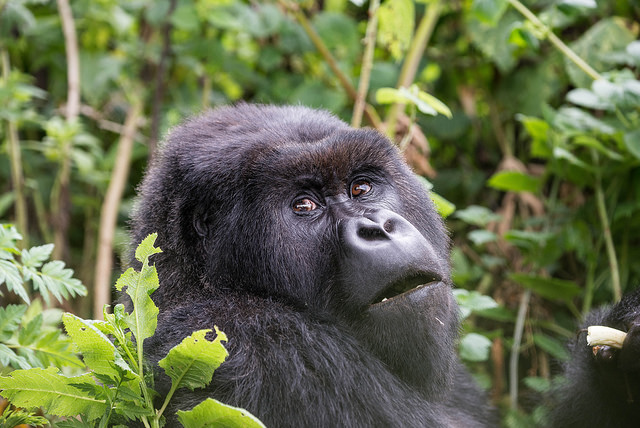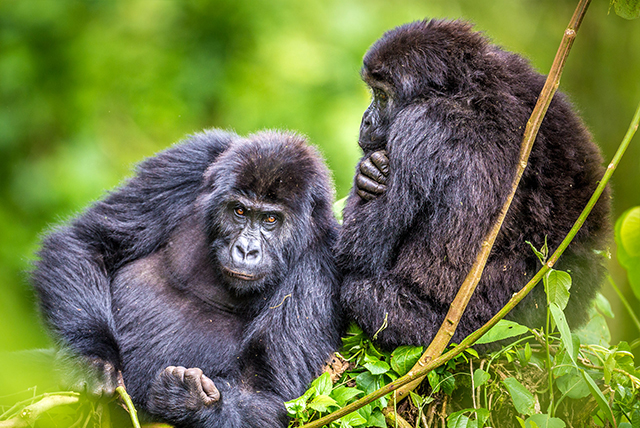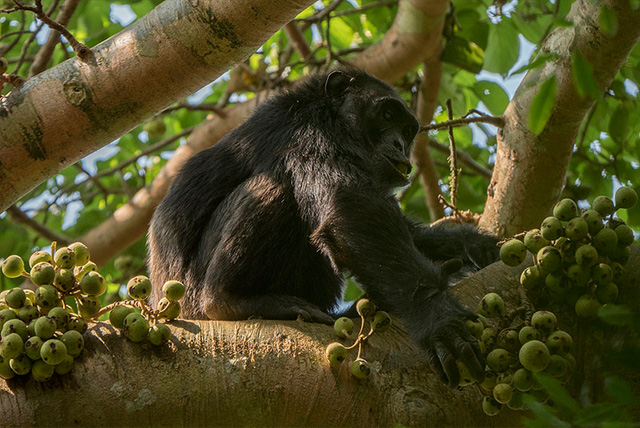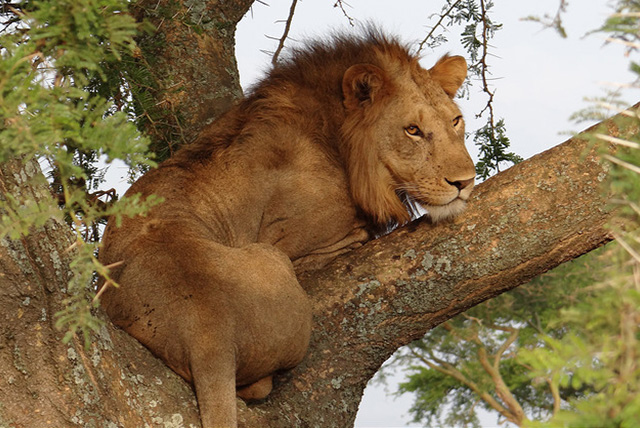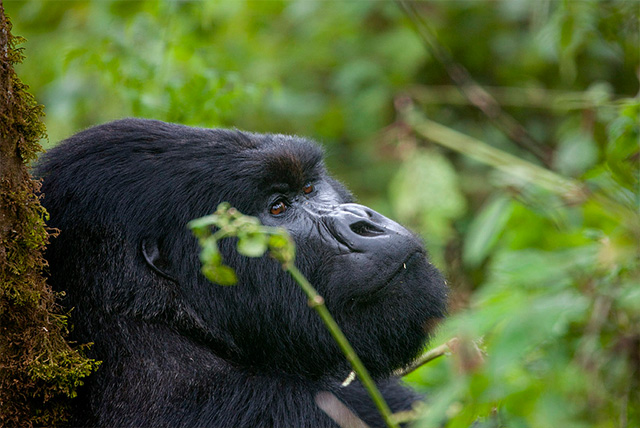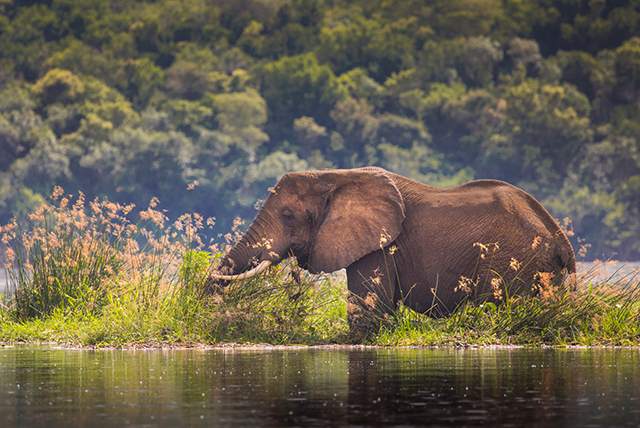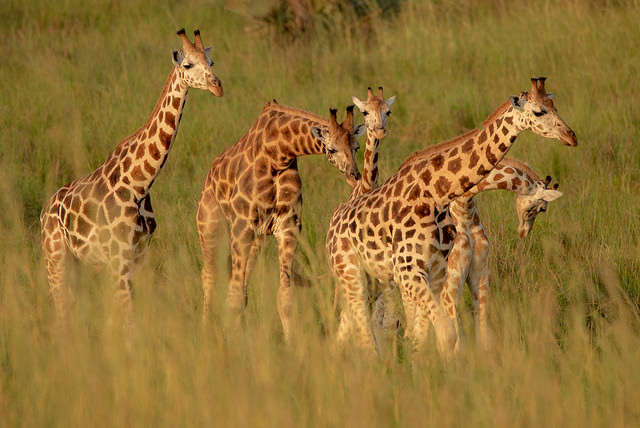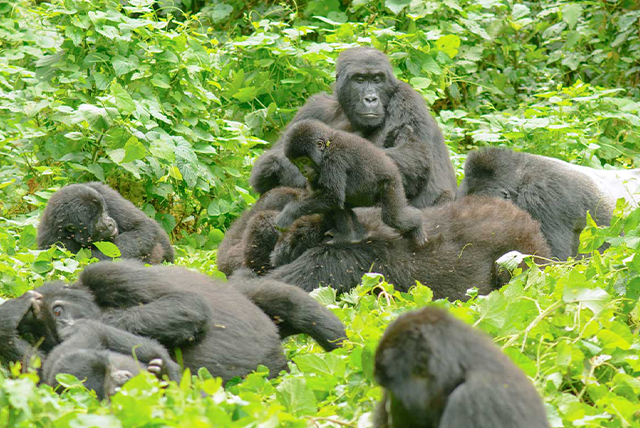Tanzania Travel Blog
Essential Information About Tanzania Currency: Tanzanian Shilling (TZS)
Swahili serves as the primary language, but the landscape is rich with over 100 regional languages, and English is commonly understood. Check out my compilation of essential Swahili words and phrases here.
A 90-day Single Entry Visa costs $50 for most nationalities. The cost for American citizens is $100, and this visa remains valid for a full 12 months. Volunteers typically enter on a tourist visa, but they must then apply for a Class C volunteer visa while there, which comes with a fee of $200. Many nationalities can obtain visas upon arrival, while others must prepare and apply beforehand. Explore the details of your visa regulations right here.
Primary Airports: Kilimanjaro International Airport (serving Arusha/Moshi), Julius Nyerere International Airport (located in Dar es Salaam), and Abeid Amani Karume International Airport (in Zanzibar).
The ideal period for observing wildlife is during the dry season from June to October. The brief showers arrive in November and December, while the extended rains fall from March to May. To catch a glimpse of the wildebeest migration, it is best to steer clear of the months from August to October, as the migration shifts into Kenya during this period. The wildebeest calving occurs in the thrilling months of January and February. The time for encountering whale sharks on Mafia Island typically spans from March to November.
Zanzibar is alive with excitement, featuring three major festivals each year: Sauti za Busara in February, the Zanzibar International Film Festival in July, and the Zanzibar Beach and Watersports Festival in September.
Malaria: In certain areas of Tanzania, there is a risk of malaria, so it is wise to consult a doctor before your trip to ensure you are well-prepared. Discover additional details right here.
Yellow Fever: Discover if a Yellow Fever vaccination certificate is required for your journey here.
The primary networks in Tanzania are Airtel and Vodacom. In Zanzibar, Zantel often stands out as the top network.
Water: It is best to avoid drinking the tap water in Tanzania, so consider purchasing bottled water or utilizing a filtered water bottle.
Safety: Tanzania is typically a secure destination for travelers, but petty crime can occur, and there have been instances of robberies and muggings in Dar es Salaam and Stone Town, so it is important to stay alert. I recommend using taxis after sunset, and if you find yourself needing to walk at night, stick to lively streets and try to walk with others. Regrettably, in Tanzania, being gay is considered illegal, and in October 2018, the government initiated a campaign against the LGBTQ+ community, urging citizens to report individuals who identify as gay. That includes those from other countries, so stay alert.
What to Pack: Check out my full packing list for Africa here.
In Tanzania, you will find that the common choice for electrical connections is the Type G British 3-pin style plugs.
Optimal Moment For Exploration
When planning a trip to Tanzania, the weather is undoubtedly a crucial factor to keep in mind. The vastness and diversity of the country make it quite a challenge to accurately determine the weather. Yet, there are several trends that you can follow.
The country experiences two vibrant rainy seasons, one from March to May and another from November to December. The ideal time to explore is during the dry season, from June to October.
If you want to experience the breathtaking spectacle of nearly two million wildebeest and zebra on the move, plan your visit for June and July. If you’re not overly concerned about the migration and still wish to experience wildlife on a safari, the dry summer months draw the animals to watering holes, making them significantly easier to observe.
What To Expect Language: In Tanzania, Swahili reigns as the official language, but this vibrant nation is alive with a tapestry of languages, as many locals also converse in English.
The official currency of Tanzania is the Tanzanian shilling (TZS). 1 USD equals 2299 TZS.
Credit Cards & ATMs: In Tanzania, you will find that credit cards, especially Visa, are commonly accepted. Your card will grant you access at park entrances, luxurious hotels, and select tour operators. For those eager to secure a booking with a credit card, it is wise to reach out ahead of time to confirm acceptance. If you are in need of cash, you will find ATMs scattered throughout the major towns, ready to serve you around the clock. If you find yourself in secluded areas, locating an ATM may prove challenging, so make sure to grab some cash before you embark on your journey.
Plugs: In Tanzania, you will find type D and G plugs, with a standard voltage of 230 V and a frequency of 50 Hz, ready for your exploration. I suggest picking up a universal adapter (ensure it includes surge protection) and utilizing a converter for hairdryers and hot tools.
Tanzania offers a welcoming environment for travelers, particularly for those embarking on an organized safari or tour. Nearly a million travelers explore the country each year, enjoying their experiences without any problems.


